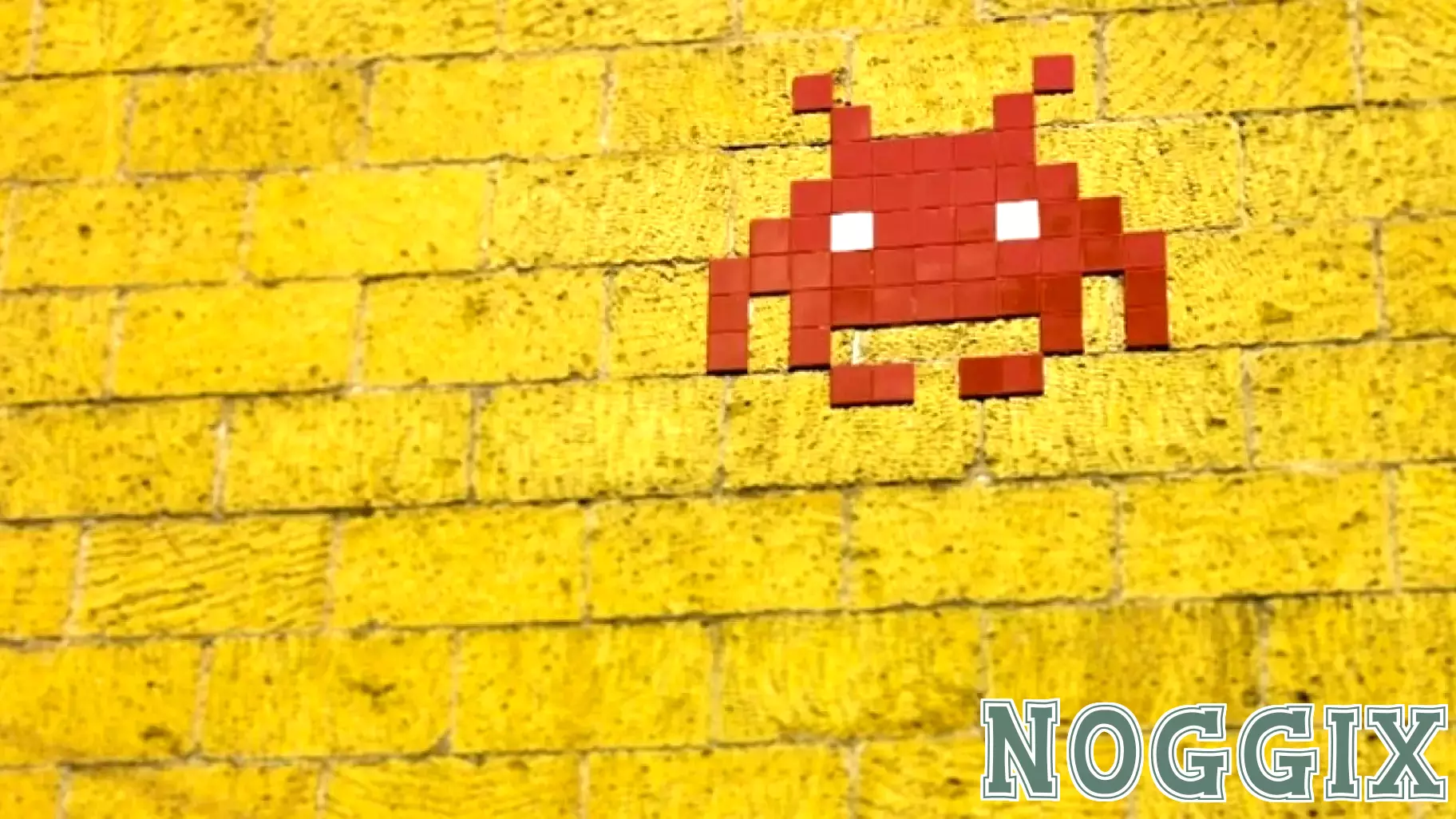December 12, 2024 - 19:32

Video games frequently misrepresent mental illness, which raises significant concerns about their influence on societal stigma. Many titles depict mental health conditions in exaggerated or inaccurate ways, often reducing complex issues to mere plot devices or caricatures. This misrepresentation can perpetuate harmful stereotypes and contribute to the misunderstanding of mental health challenges faced by millions of individuals.
As video games continue to grow in popularity and cultural relevance, the need for responsible portrayals becomes increasingly important. Developers are encouraged to conduct thorough research and engage with mental health professionals to create more nuanced and accurate representations. By doing so, video games have the potential to foster empathy and understanding among players, breaking down barriers and encouraging conversations about mental health.
Moreover, positive portrayals can serve as a powerful tool for awareness, helping to educate players about the realities of mental illness and the importance of seeking help. As the gaming industry evolves, the responsibility to represent mental health issues thoughtfully and accurately lies with creators and consumers alike.



